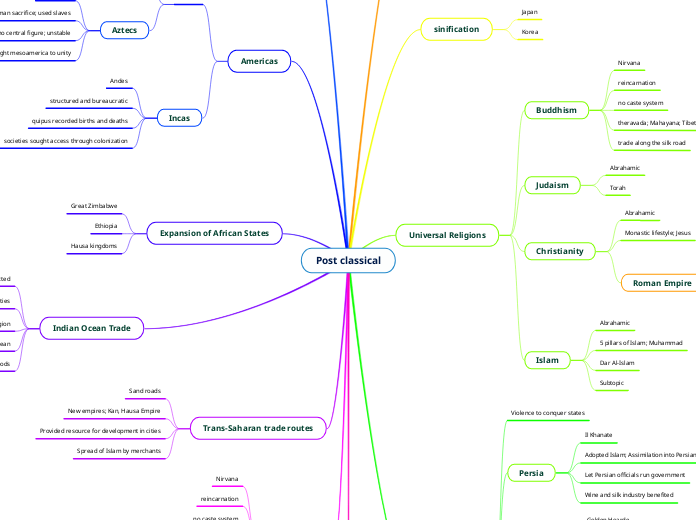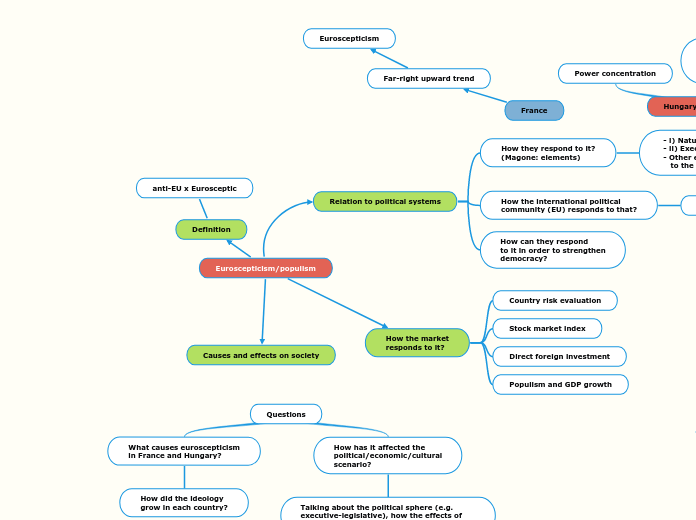por LORELYN TAMIKA BRUTAS 9 anos atrás
1644
The Decline of Feudalism
The advent of advanced weaponry such as the longbow and cannon played a significant role in the decline of feudalism in Europe. The effectiveness of longbows in battle rendered traditional knights obsolete, as their armor could not withstand the piercing capabilities of longbow arrows.









